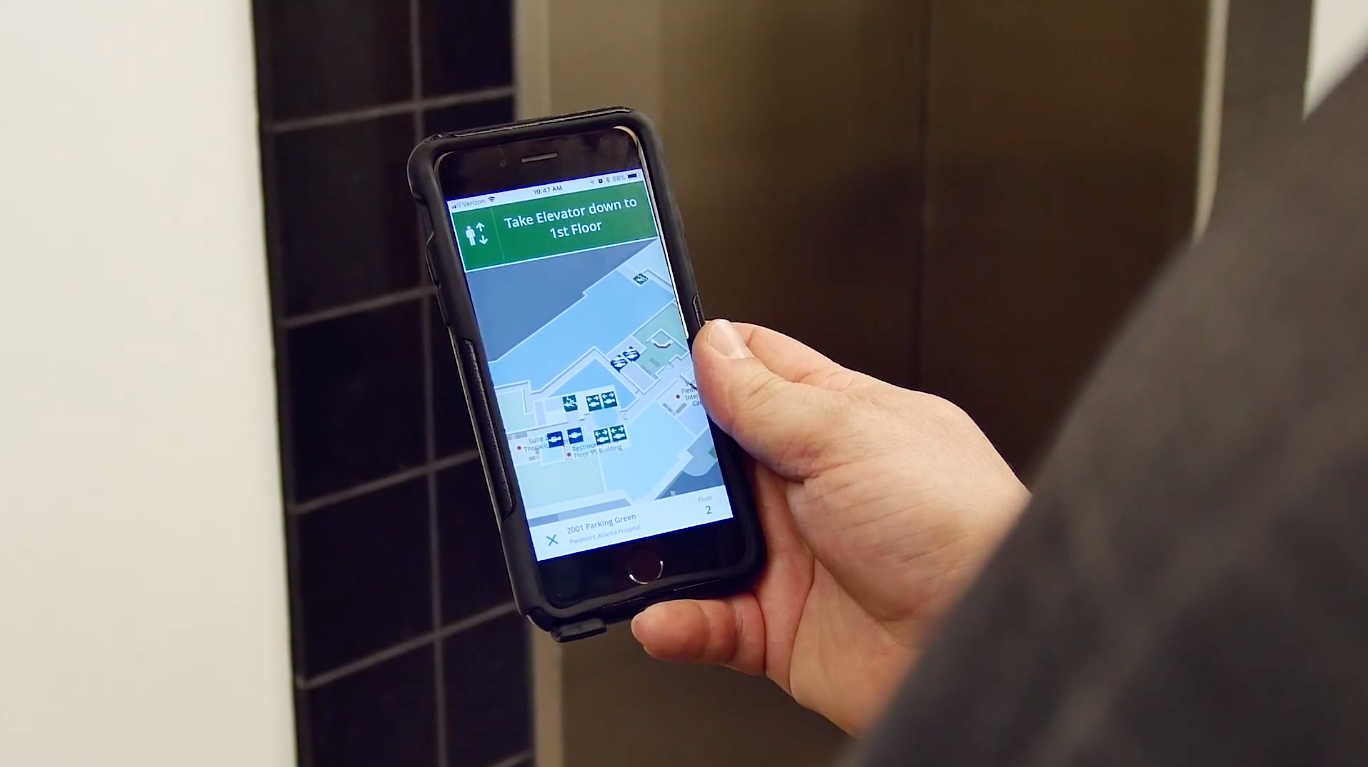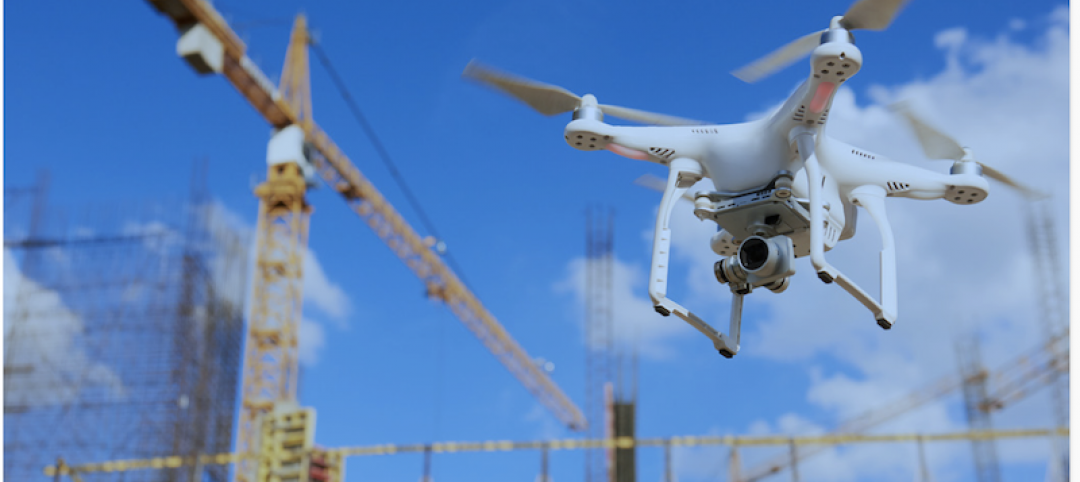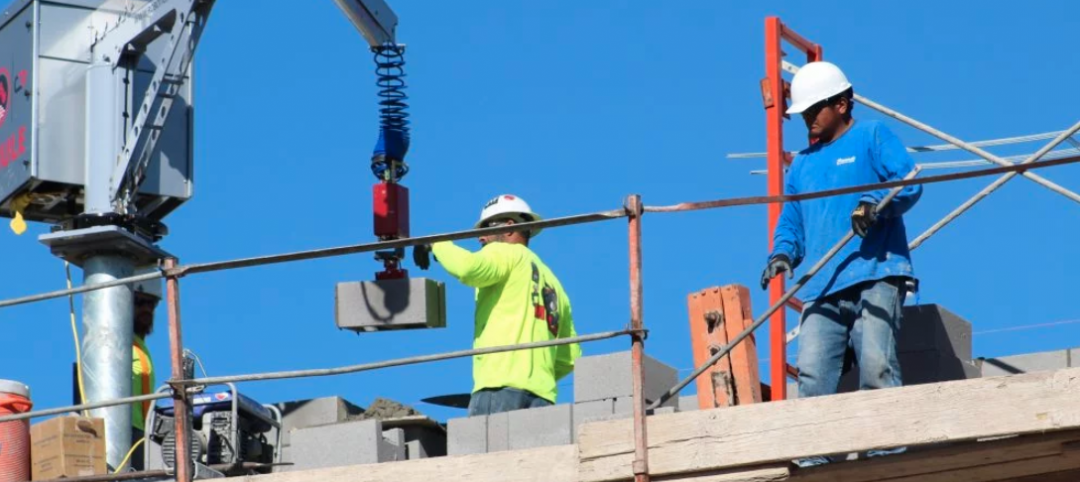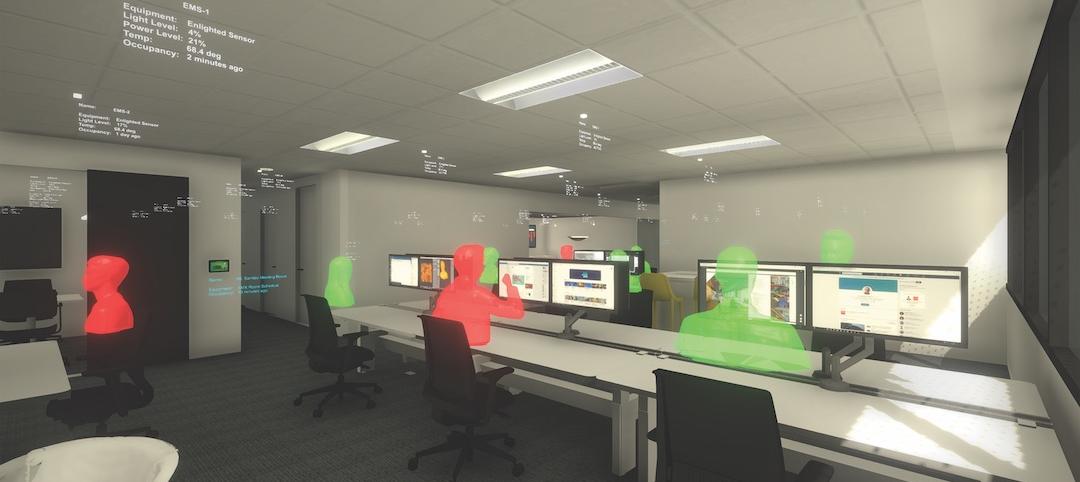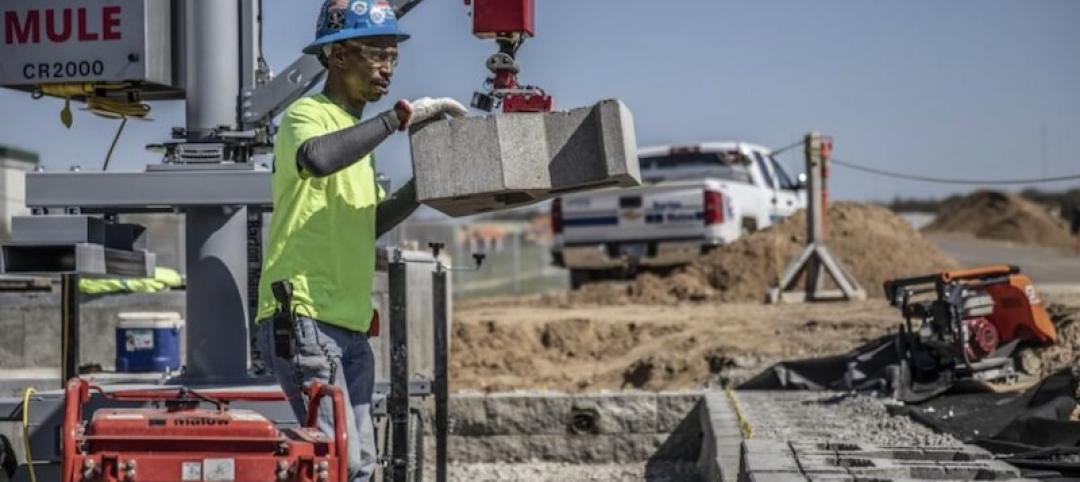Anyone who has had to take a trip to the hospital, maybe to visit a sick friend or meet a new niece or nephew, knows trying to navigate a large, complex medical campus can quickly become overwhelming. Between locked staff-only areas, hallway after hallway that look exactly the same, and myriad entrances and parking garages, your hospital trip can become a frustrating experience.
University Health System, located in San Antonio, Texas, has partnered with Gozio Health to remedy this situation by creating a mobile wayfinding platform for its campus. Gozio used a robot, cleverly named Magellan, to roam the hospital to capture data and create detailed maps of the building spaces and campus.
As soon as visitors step out of their car in the parking garage, the University Health System mobile wayfinding platform provides turn-by-turn, Blue Dot navigation through the entire campus.
Innovations in healthcare wayfinding
The tool allows patients, visitors, and hospital staff to use their smartphone to efficiently navigate to any location on campus, from the maternity ward to the emergency room, to a specific doctor’s office, even the nearest vending machine. It also helps users avoid any “Seinfeld”-esque “lost in the garage” issues; the tool marks the individual spot where the user parked.
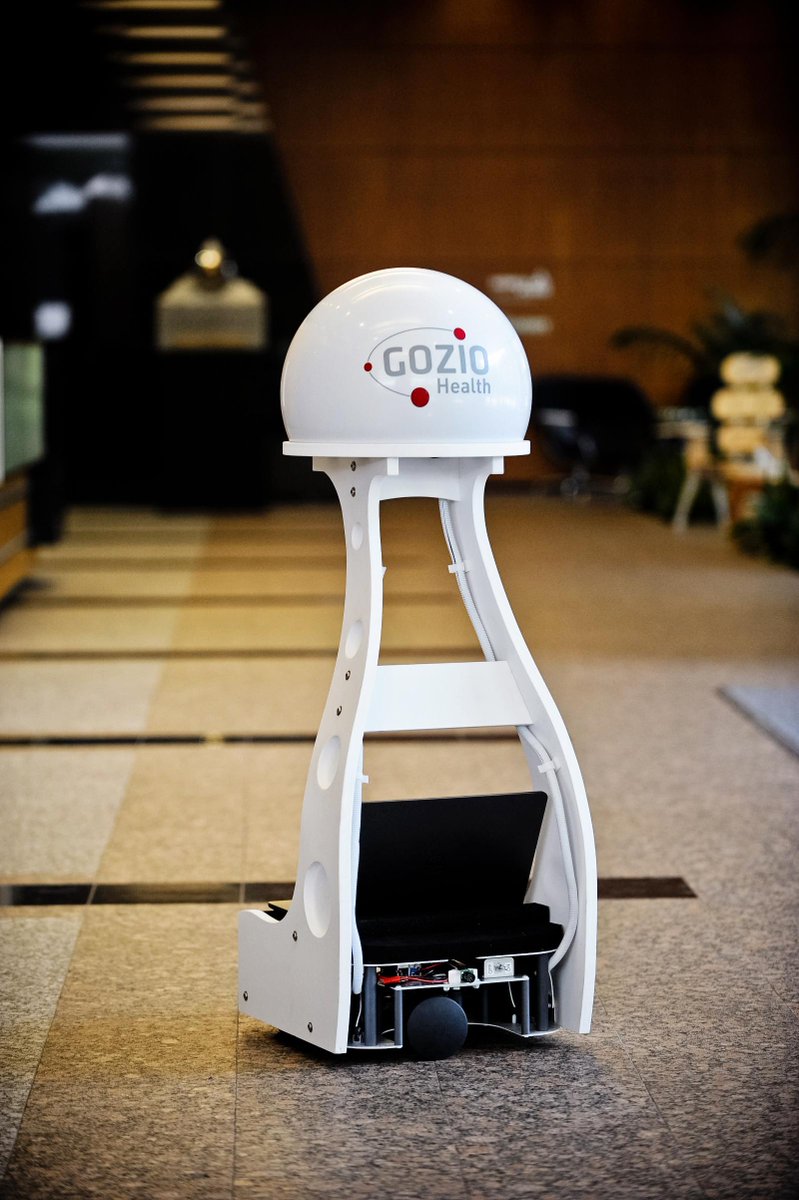 Gozio's robot, Magellan.
Gozio's robot, Magellan.
In addition to wayfinding functions, the app gives patients and visitors immediate access to physician directories, electronic medical records, and the ability to view hospital amenities, an important feature according to Joshua Titus, CEO and Founder of Gozio Health.
“For hospitals to remain competitive, they must provide patients with a digital platform that features location-based services, appointment scheduling, and access to their patient portal from their smartphone,” said Titus.
Based on statistics from Gozio, 85% of users that install the wayfinding app to navigate to a destination within a hospital will return to the app to use the other features such as for scheduling appointments and viewing their medical records.
The University Health System mobile wayfinding platform also includes access to 28 satellite clinics and urgent care centers, covering more than three million square feet of navigation.
Related Stories
Architects | Mar 2, 2020
Two ‘firsts’ for Sasaki and LEO A DALY
Following an industry trend, the firms hire chiefs of technology and sustainability, respectively.
AEC Tech | Feb 22, 2020
Investor interest in the built environment not quite as avid in 2019
Builtworlds’ annual list of venture deals led by workspace providers.
AEC Tech | Feb 13, 2020
Exclusive research: Download the final report for BD+C's Giants 300 Technology and Innovation Study
This survey of 130 of the nation's largest architecture, engineering, and construction firms tracks the state of AEC technology adoption and innovation initiatives at the AEC Giants.
AEC Tech | Feb 5, 2020
BIM London: A glimpse of BIM discussions across the pond
Digital twin, ISO standards, blockchain, and data were the hot topics at the recent The Digital World: BIM event.
AEC Tech | Jan 16, 2020
EC firms with a clear ‘digital roadmap’ should excel in 2020
Deloitte, in new report, lays out a risk mitigation strategy that relies on tech.
Green | Jan 10, 2020
How the new EC3 tool raises the bar on collective action
Nearly 50 AEC industry organizations partnered to develop the groundbreaking Embodied Carbon in Construction Calculator.
AEC Tech | Jan 8, 2020
Thornton Tomasetti launches open-source embodied carbon measurement tool
Beacon is a Revit plugin that generates a comprehensive data visualization of a project’s embodied carbon.
| Dec 18, 2019
Reconsidering construction robotics
After decades when experts predicted that robots would become more prevalent on construction sites, it would appear that the industry has finally reached that point where necessity, aspiration, and investment are colliding.
Big Data | Dec 4, 2019
AEC data's coming out party
AEC firms are finally putting to use project information they’ve been storing in their computers for years.
AEC Tech | Oct 30, 2019
Robot masons work with humans on a $52 million housing project in Illinois
The machines address trade labor shortages, as well as worker wellbeing and safety.


